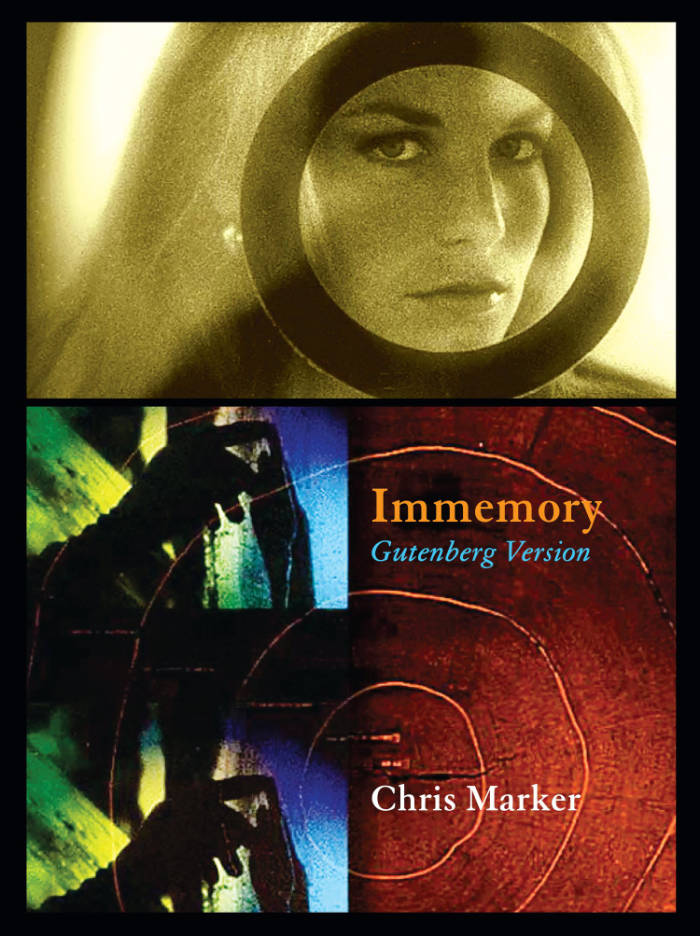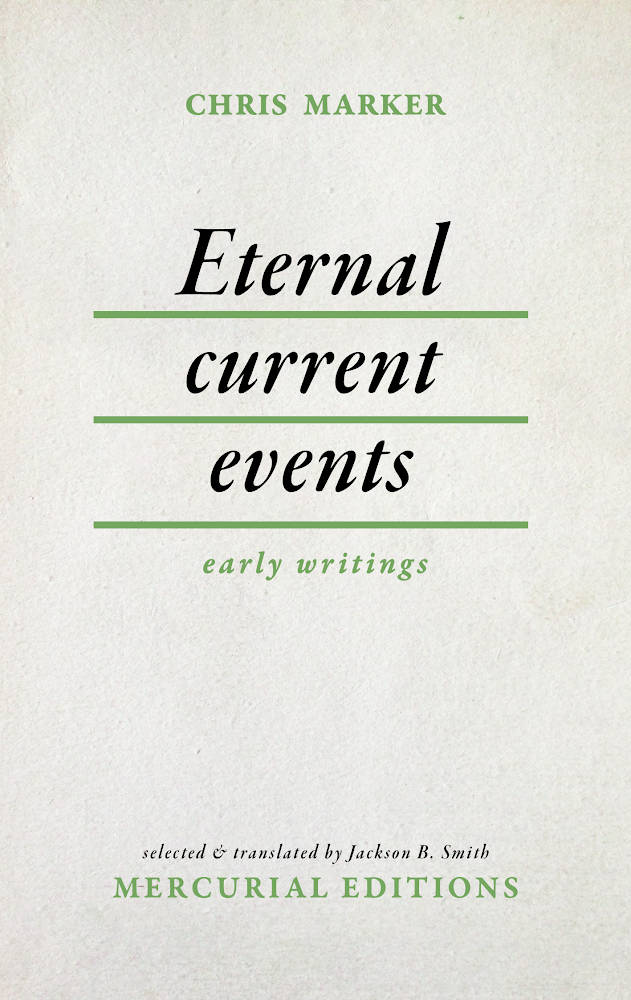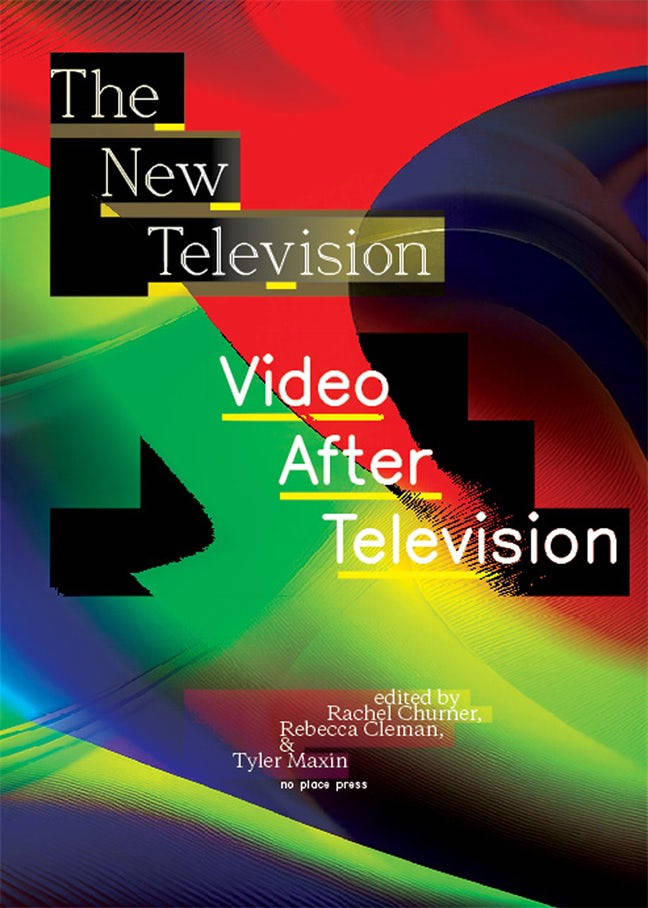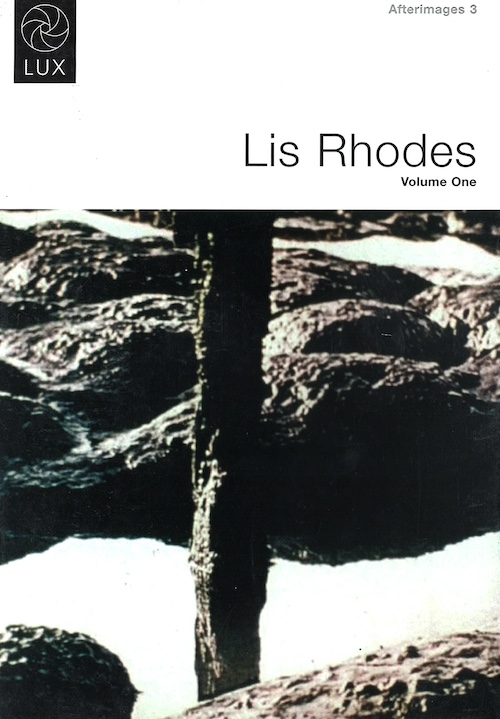
Immemory: Gutenberg Version
Filmmaker, photographer, writer and traveler Chris Marker (1921-2012) never respected boundaries between genres. His landmark 1962 film La Jetée is almost entirely stills, its one moving image as thrilling as the Lumières’ films must have been for their original audiences. Each of Marker’s films (including the widely celebrated Sans Soleil) stretched the definition of the art, merging at times with the essay, political manifesto, personal letter, even computer game.
In Immemory, Chris Marker originally used the format of a CD-ROM to create a multi-layered, multimedia memoir. The reader investigates “zones” of travel, war, cinema, and poetry, navigating through image and text as if physically exploring Marker’s memory itself. The result is a veritable 21st-century Remembrance of Things Past, an exploration of the state of memory in our era. With it, Marker both invented a literary form and perfected it. And yet the digital format he chose for his experiment was quickly rendered obsolete.
Immemory: Gutenberg Version reinvents this unique work for the printed page, a project the author dreamed up, titled, and developed with Exact Change before his death. Now finally realized, Immemory: Gutenberg Version brings this seminal work by Chris Marker into the present and future via a time-tested, durable format of the past — the book.
Edited & with an Introduction by Isabel Ochoa Gold

.jpg)



